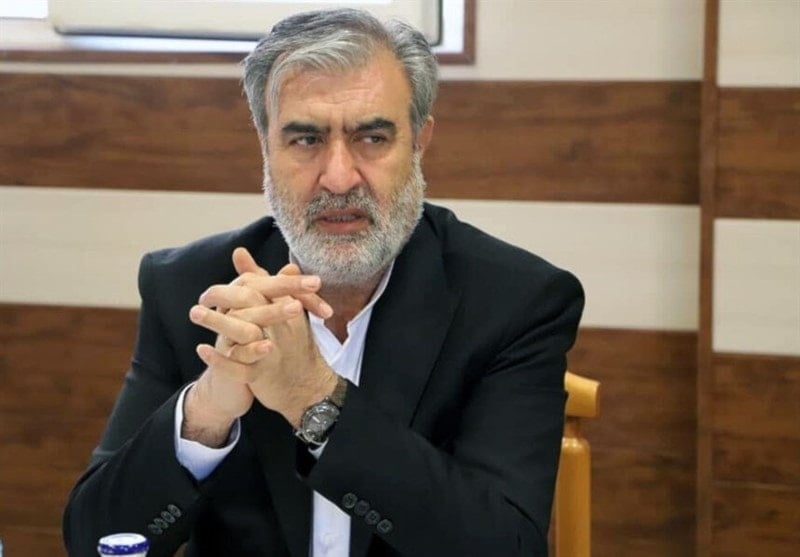Iran parliament security chief: NPT exit on table if snapback invoked
Iran has warned it may withdraw from the Nuclear Non-Proliferation Treaty if Europe pursues the snapback mechanism.
-

Head of the National Security Committee in Iran's Parliament, MP Ebrahim Azizi (Tasnim News Agency)
The head of the Iranian Parliament's Committee on National Security and Foreign Policy, Ebrahim Azizi, said on Saturday that Tehran may consider withdrawing from the Nuclear Non-Proliferation Treaty (NPT) if European states move forward with activating the "snapback mechanism."
Azizi stressed that withdrawal from the treaty is only one option, noting that Iran possesses several other tools it can use at the appropriate time. He added that if the Europeans and the International Atomic Energy Agency (IAEA) honor their commitments, the recent Cairo Agreement, reached with the IAEA to resume inspections, could remove the need to invoke the snapback mechanism, emphasizing that the outcome depends on whether those pledges are upheld.
The snapback clause, inserted into UN Security Council Resolution 2231, has long been criticized in Tehran as a political tool allowing France, Germany, and the UK to reimpose sanctions unilaterally, even while those same states have failed to deliver on their obligations under the 2015 nuclear deal. With the mechanism set to expire in October 2025, the European troika has threatened to act before that deadline, citing Iran’s peaceful enrichment program, despite Iran repeatedly affirming it has no intention of developing nuclear weapons.
Iran Nuclear Crossroads
In related remarks, Iranian Foreign Minister Abbas Araghchi said on Thursday that negotiations with the European troika remain ongoing but are separate from the talks with the IAEA. Araghchi added that Iran, Russia, and China are united in their view that the European states have no legal grounds to trigger the snapback mechanism. He described the conditions set by the troika for extending the deadline as "unacceptable and unwise."
Despite these warnings, Iran and the IAEA struck a fragile agreement in early September to restore access for inspectors to nuclear sites including Natanz, Fordow, and Isfahan, following months of restrictions. Analysts note, however, that the deal is conditional: if sanctions are reimposed under the snapback mechanism, Tehran has signaled it could reconsider its cooperation, escalating the standoff.
Read more: New IAEA deal forbids inspections without authorization: Iranian FM
Analysts argue that an Iranian withdrawal from the NPT would mark a watershed moment, stripping away international monitoring, deepening its isolation, and fueling regional fears of a nuclear arms race. Such a step, they warn, could also provoke sweeping sanctions, strain relations with China and Russia, and potentially invite military confrontation if enrichment moves closer to weapons grade.

 3 Min Read
3 Min Read










